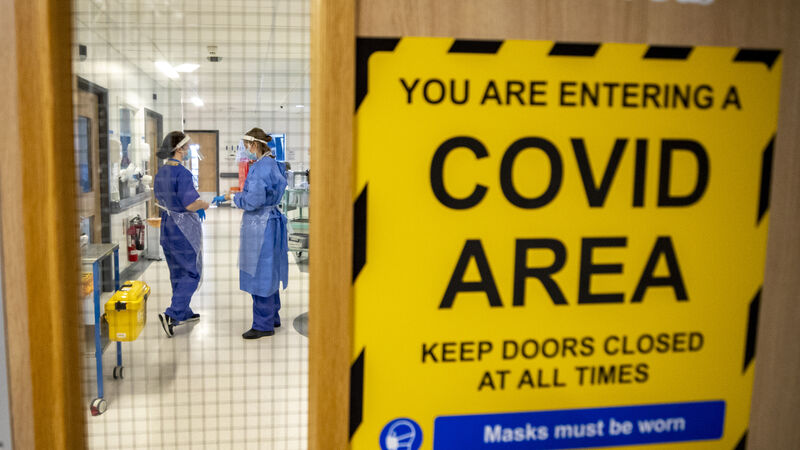It is vital we agree a global pact on pandemics to prevent the devastation caused by covid-19

The proposed international agreement represents a once-in-a-generation opportunity to protect all of us, as well as our children and grandchildren, from a repeat of the covid-19 pandemic, with its recorded death toll of seven million.
A breakthrough toward global cooperation to prevent future pandemics is possible in the next few days.
Negotiations on the proposed text of a new global pandemic accord are scheduled to end this Friday, May 10, and discussions on completing and updating international health regulations are scheduled for May 16-17.













